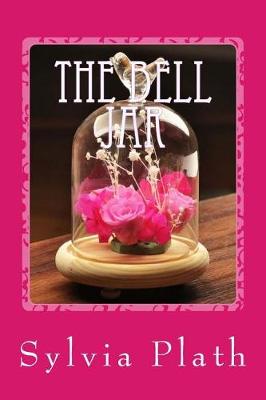Reviewed by clementine on
The first part of the book, in New York, is something I think most young women can relate to at least somewhat - Esther could be any number of hardworking, naive, idealistic nineteen-year-old girls trying to find their place in the world. The only thing that's a little off about Esther is how detached she seems, but she's bright enough that it's not completely noticeable at first. Her eventual disillusionment and descent into deep depression is quite subtle, and I felt like I could really understand her mental state, although I have never struggled with clinical depression. Through the use of both beautiful, seamless metaphor and plain, simple language, Plath makes Esther's struggle easy to understand and even feel yourself.
There were a lot of themes touched on that I think are still really important today. Obviously there's the overarching theme of mental illness, which is explored in such a beautifully haunting way. But there is also the theme of being female, and the expectations that come with that, especially surrounding female sexuality. The descriptions of female beauty - Esther's hair, her stockings, her heels - were also really interesting, since nothing about her seemed to scream traditionally feminine. I don't know, I just found the care she took with her appearance sort of surprising. It seems as though Esther never felt she had a choice, like it wasn't just expected of her, it was unquestionably what she had to do as a woman. Esther's tumultuous, unhealthy, disconnected relationships with men were also fascinating to observe, because it seemed clear to me that she didn't actually want any part of it.
I think The Bell Jar is depressing enough that it would absolutely not appeal to everyone, but I thought it was brilliant. It definitely deserves another read, because there are so many layers of metaphor and I'm sure there's stuff I've missed that will make me enjoy it even more.
Reading updates
- Started reading
- 13 June, 2012: Finished reading
- 13 June, 2012: Reviewed
